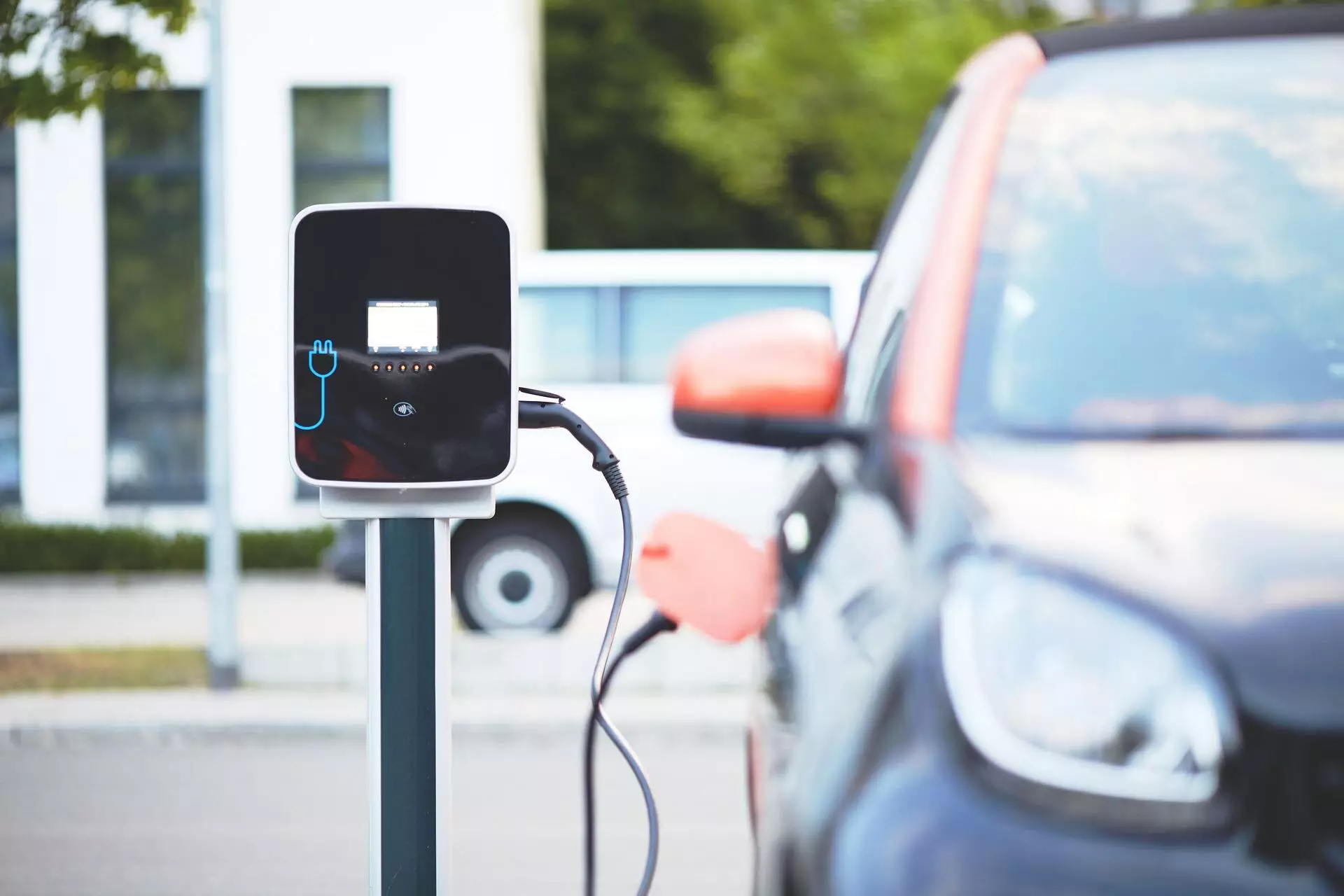Florida is no stranger to extreme weather events, with hurricanes posing a significant threat not only to residents but also to the infrastructure that supports daily life, including electric vehicle (EV) charging services. In light of this, researchers from the University of Florida (UF) have underscored the urgent need for bolstering the resilience of these critical services. A recent study highlighted the vulnerabilities inherent in EV charging networks during catastrophic storms, specifically focusing on how both infrastructure damage and limited access can lead to considerable disruptions in service. The ramifications extend beyond immediate physical obstacles to the broader socioeconomic factors that impact community access to charging facilities.
As Florida faces increasingly unpredictable weather patterns due to climate change, the importance of a robust and resilient EV charging infrastructure cannot be overstated. The study, which appeared in the Journal of Management in Engineering during the height of hurricane season, identifies pivotal gaps in current planning frameworks—particularly in how these systems are interconnected within communities. It is evident that without a forward-thinking approach, the advantages provided by electric vehicles could be undermined when they are most needed.
At the crux of the inquiry led by Dr. Yan Wang and his team at UF’s Urban Agility and Resilience Lab is the distinction between proactive and reactive planning. While traditional planning often involves developing infrastructure in response to past events, the study advocates for a dynamic planning methodology that anticipates future challenges and integrates advanced modeling techniques. Such an approach allows for a comprehensive understanding of how EV networks might be affected during extreme conditions, enabling better preparedness strategies.
Dr. Wang emphasizes the importance of deploying charging stations strategically, ensuring that they are not only physically resilient but also inclusive to all community members. The research makes it clear that neighborhoods with well-connected networks and diverse user bases tend to recover from disruptions much more swiftly. This insight is crucial in formulating plans that emphasize both infrastructure durability and equitable access, thereby highlighting the role of inclusivity in emergency response planning.
Another significant revelation from the study revolves around the inequalities in access to charging services, particularly affecting marginalized populations, including older individuals and lower-income households. These communities often face additional challenges during major weather events, exacerbated by a lack of nearby charging stations. The implications are profound; even areas that may be less directly impacted by flooding can suffer severe disruptions if the nearest charging facility is compromised.
Dr. Ziyi Guo’s analysis indicates that rural areas, although they might not experience flooding directly, remain vulnerable through their indirect dependence on central charging stations. This interconnectedness prompts a vital question: how do we ensure equitable access to emergency resources in a landscape marked by disparities? By understanding the various socio-environmental dynamics, planners can devise improved strategies to lay a more equitable foundation for transportation infrastructure.
To better address these challenges, the research team has developed a counterfactual analytical framework through a multi-agent-based model. This model simulates outcomes based on worst-case hurricane scenarios, offering invaluable insights into the potential impacts on EV charging networks. Such predictive modeling serves a dual purpose: it equips infrastructure planners with relevant data to prepare for extreme weather events and encourages the adoption of equitable planning measures that ensure all communities benefit from the transition to electric mobility.
The potential for this methodology is broad, allowing it to be tailored for various urban contexts beyond Florida’s borders. Dr. Ruth Steiner notes its versatility, highlighting its application in addressing the future resilience of charging infrastructure concerning cities such as Gainesville. The strategic outcomes derived from the framework can inform local policymakers about necessary improvements to tackle the anticipated challenges posed by climate change and increasingly severe weather.
As electric vehicles continue to gain traction as a sustainable alternative to traditional vehicles, establishing an equitable and resilient charging infrastructure becomes paramount, especially in hurricane-prone regions like Florida. The findings from the University of Florida underline the necessity for proactive, scenario-based planning that embraces diversity and addresses systemic inequalities. Only by doing so can we ensure that the transition to electric mobility offers a viable solution for all community members, paving the way for a more sustainable and resilient future in the face of mounting environmental challenges. The future of electric mobility will likely rely not only on technological advancement but also on our commitment to fostering inclusivity and resilience across all levels of infrastructure planning.

